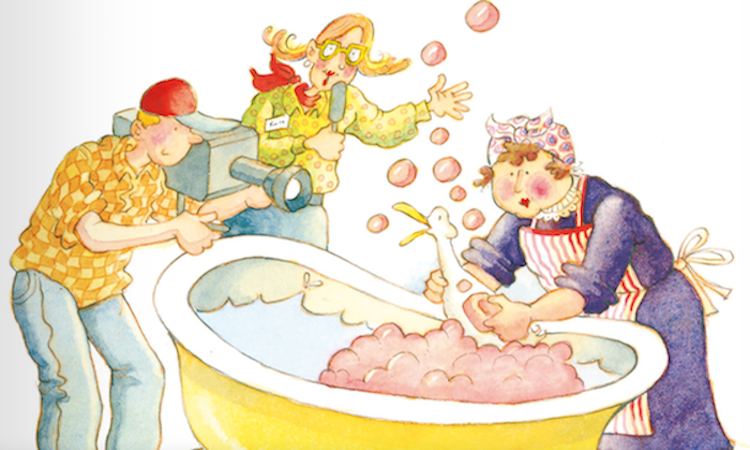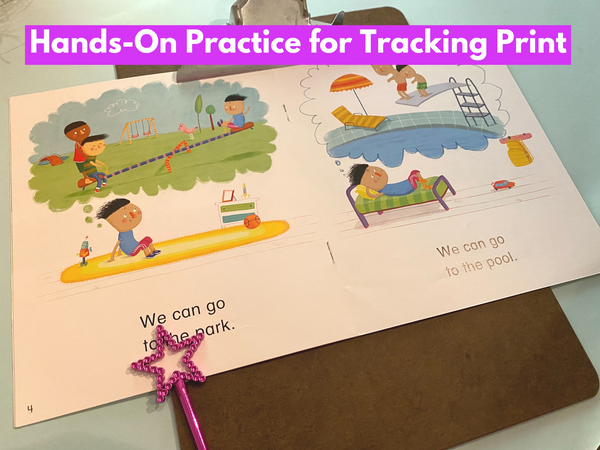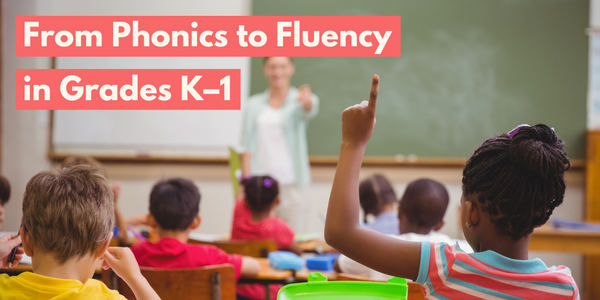By Gaynell R. Jamison, Reading Specialist, Guest Blogger
Are you looking for lesson ideas that incorporate books for young learners with hilarious characters and interesting stories? If you've never considered narrative texts about Mrs. Wishy-Washy and her cow, duck, and pig, be sure to keep reading. I'll explain why stories from the Joy Cowley Collection will be a hit with your students and will give some lesson ideas that help develop critical literacy skills!
Something I appreciate when I'm looking for fun narrative texts are a range of book formats. Books by Joy Cowley are not only available in English and Spanish, there are also big book versions of several titles. I love using big books about Mrs. Wishy-Washy and her animals for shared reading because while I fill students' hearts with laughter, I have access to a range of opportunities to model important reading skills.
Using Pictures to Explore the Community
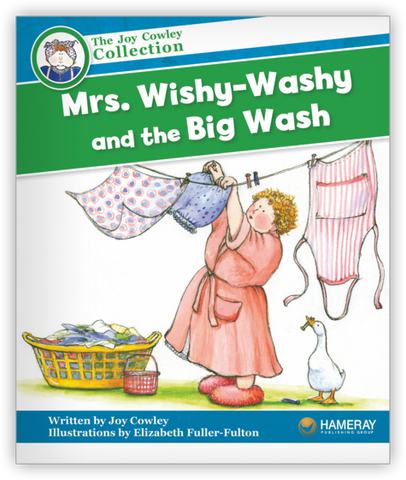 In
Mrs. Wishy-Washy and the Big Wash
, Mrs. Wishy-Washy's cow, duck, and pig love being dirty, so they don't mind when she discovers that there is no water to give them a bath. Mrs. Wishy-Washy thinks of a plan to load the animals into the back of her truck to take a drive to town. This turns into a hilarious trip to all kinds of stores and shops with little luck of finding water.
In
Mrs. Wishy-Washy and the Big Wash
, Mrs. Wishy-Washy's cow, duck, and pig love being dirty, so they don't mind when she discovers that there is no water to give them a bath. Mrs. Wishy-Washy thinks of a plan to load the animals into the back of her truck to take a drive to town. This turns into a hilarious trip to all kinds of stores and shops with little luck of finding water.
Before reading Mrs. Wishy-Washy and the Big Wash , take pictures of some of the stores and shops near your school. Use the pictures for an activity after reading to help students think about items that are sold at stores in the community. Ask students questions to make real world connections to the funny story you've read to them, such as "Where could Mrs. Wishy-Washy find water to wash her animals if she lived in our community?"
Inviting Students to Organize a Class Competition
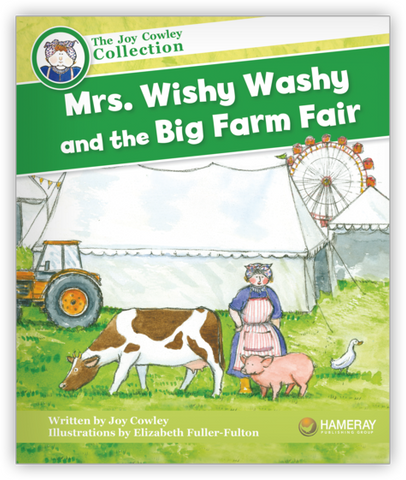 In
Mrs. Wishy-Washy and the Big Farm Fair
, Mrs. Wishy-Washy wants to put her cow, duck, and pig in a competition at the fair. She has simple rules for everyone to follow: be clean, be neat, look tidy, and smell sweet. Since her animals enjoy messes a little too often, she has to enforce her rules by giving her animals a wash before putting them in front of judges for a chance to win prizes.
In
Mrs. Wishy-Washy and the Big Farm Fair
, Mrs. Wishy-Washy wants to put her cow, duck, and pig in a competition at the fair. She has simple rules for everyone to follow: be clean, be neat, look tidy, and smell sweet. Since her animals enjoy messes a little too often, she has to enforce her rules by giving her animals a wash before putting them in front of judges for a chance to win prizes.
An idea to use with Mrs. Wishy-Washy and the Big Farm Fair could be a class study about competitions. Ask students if they have been involved in a competition, and ask what they had to do to get ready to compete. Discuss the rules they had to follow to participate in their competitions. Ask how people win in the competitions they've described. Have students share details of the prizes winners received after their competitions. Then encourage students to help you create a classroom competition by asking them to help make a list of rules and ideas for prizes. Don't forget to select a few students to participate as judges to give prizes to the competition winner.
Making Birthday Cards to Practice Writing
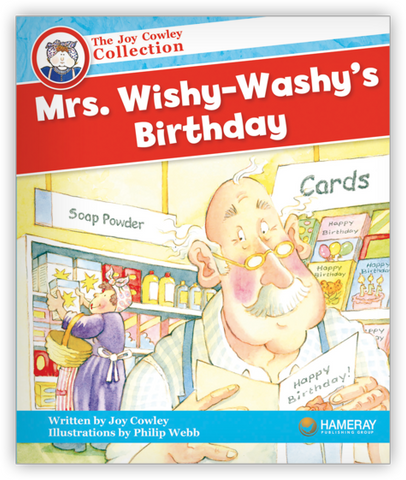 In
Mrs. Wishy-Washy’s Birthday
, Mr. Wishy-Washy wants to do something special to celebrate her birthday, so he makes a special cake. When the cow, duck, and pig help Mr. Wishy-Washy hide the cake, the animals stay up all night thinking about what they can give Mrs. Wishy-Washy as a gift. The next morning, Mrs. Wishy-Washy not only wakes up to a cake from Mr. Wishy-Washy, but she also gets a noisy gift from her loving animals.
In
Mrs. Wishy-Washy’s Birthday
, Mr. Wishy-Washy wants to do something special to celebrate her birthday, so he makes a special cake. When the cow, duck, and pig help Mr. Wishy-Washy hide the cake, the animals stay up all night thinking about what they can give Mrs. Wishy-Washy as a gift. The next morning, Mrs. Wishy-Washy not only wakes up to a cake from Mr. Wishy-Washy, but she also gets a noisy gift from her loving animals.
Tap into students' prior knowledge about birthdays before reading Mrs. Wishy-Washy’s Birthday by asking, "What happens when someone turns another year older?" and "When would you make a cake for someone?" After choosing this adorable title from many fiction books to read by Joy Cowley, engage students in a discussion about birthday gifts that they don't have to buy at a store. Then encourage them to participate in a writing activity by having them make their own birthday cards to give to Mrs. Wishy-Washy.
Exploring Similes and Onomatopoeias
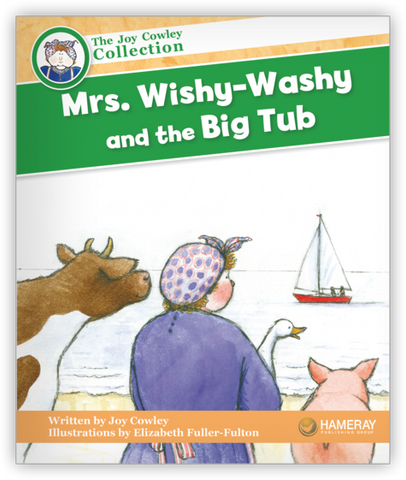 In
Mrs. Wishy-Washy and the Big Tub
, Mrs. Wishy-Washy takes her animals on a train ride to enjoy a day at Sunshine Beach. On the way to the beach, Mrs. Wishy-Washy describes the sea to the animals by comparing the sea to a big tub. Once they arrive, the animals have so much fun splashing, swimming, and playing in the water that when it's time to leave, the animals can do nothing but sleep during the whole train ride home.
In
Mrs. Wishy-Washy and the Big Tub
, Mrs. Wishy-Washy takes her animals on a train ride to enjoy a day at Sunshine Beach. On the way to the beach, Mrs. Wishy-Washy describes the sea to the animals by comparing the sea to a big tub. Once they arrive, the animals have so much fun splashing, swimming, and playing in the water that when it's time to leave, the animals can do nothing but sleep during the whole train ride home.
Mrs. Wishy-Washy and the Big Tub is a great book you can use to help students think about how words are used by focusing on simile. Ask, "Why is the sea like a big tub? What other words could you use for tub ?" You can also help students develop an understanding of onomatopoeia by asking, "Which words tell us that the train is moving? Which words show us noises that the animals make?" To help students make meaning, ask, "How do you know that the animals enjoyed being at the beach?" Then have students show you the illustrations that helped them come to this point.
Using Artwork to Make Meaning of Text
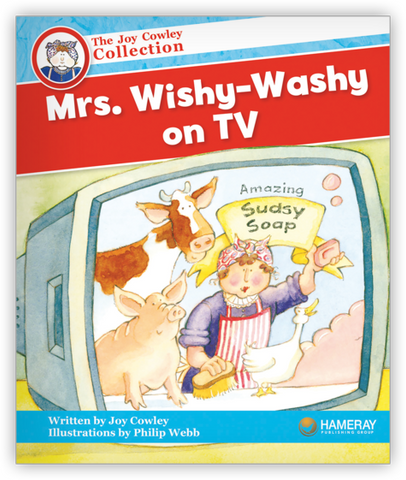 In
Mrs. Wishy-Washy on TV
, Mrs. Wishy-Washy makes a television commercial about how the amazing Sudsy Soap can make anything clean. The book has a fun and simple sentence structure, and children will love seeing how the mud disappears from Mrs. Wishy-Washy's cow, duck, and pig. By the end of the story, your kids won't stop laughing after they see who else gets a wash from Mrs. Wishy-Washy during the commercial.
In
Mrs. Wishy-Washy on TV
, Mrs. Wishy-Washy makes a television commercial about how the amazing Sudsy Soap can make anything clean. The book has a fun and simple sentence structure, and children will love seeing how the mud disappears from Mrs. Wishy-Washy's cow, duck, and pig. By the end of the story, your kids won't stop laughing after they see who else gets a wash from Mrs. Wishy-Washy during the commercial.
To help students develop inference skills, ask students why they thought Mrs. Wishy-Washy chose to wash the people who helped make the television commercial. This narrative text is also useful for helping students understand the purpose of quotation marks. Draw students' attention to pages where the character holding the microphone is speaking and ask them how they know someone is speaking in the text. The artwork in this book provides great opportunities to help students analyze the text. To do this, focus on page 16 and ask, "What are the man and woman thinking about when they see Mrs. Wishy-Washy on television?"
Fostering your students' love of reading while developing critical reading and writing skills can be fun for you and engaging for students. Be sure to stay tuned for more ideas on using memorable leveled readers in your classroom.
 Gaynell R. Jamison is a reading specialist, children’s author, early childhood trainer, and pre-K director with 38 years of experience in education. She has studied extensively in the field of literacy with a specialty in teaching reading and administering reading programs as a former Reading Recovery Teacher and Reading Recovery Teacher Leader. She has served on two national committees for leveling books for Reading Recovery. She has a passion for children’s literature with an interest in early and emergent literacy acquisition and teaching young learners to become readers.
Gaynell R. Jamison is a reading specialist, children’s author, early childhood trainer, and pre-K director with 38 years of experience in education. She has studied extensively in the field of literacy with a specialty in teaching reading and administering reading programs as a former Reading Recovery Teacher and Reading Recovery Teacher Leader. She has served on two national committees for leveling books for Reading Recovery. She has a passion for children’s literature with an interest in early and emergent literacy acquisition and teaching young learners to become readers.



